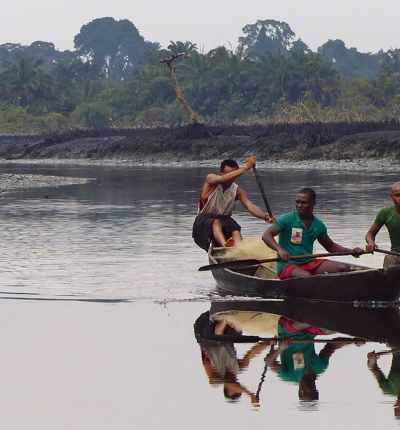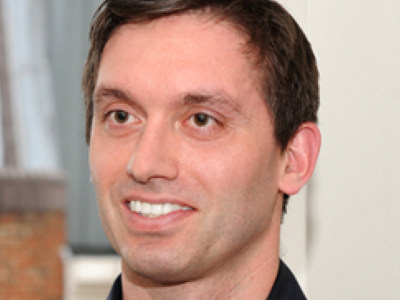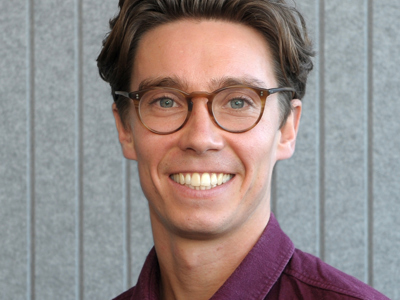
Corporate Accountability and the Niger Delta
Matthew Renshaw and Stephen Bilko discuss the Hague court ruling, which states it had jurisdiction to hear a case against Shell, brought by a widow 24 years after her husband's death
Posted on 29 May 2019
Kiobel v Shell
On 1 May 2019, 24 years since the death of her husband, the District Court of the Hague concluded that it had jurisdiction to hear Esther Kiobel’s case against Shell.
Esther Kiobel is the lead Claimant in a case against Shell along with Victoria Bera, Blessing Eawo and Charity Levulais. The Claimants are the widows of four of nine environmental activists executed by the Nigerian state in 1995. The activists were part of a peaceful protest group called the Movement for the Survival of the Ogoni People (MOSOP) who campaigned against Shell’s environmental impact in Ogoniland, an area in the Niger Delta, throughout the 1990s. In response to the environmental protests, Nigerian military and police forces attacked villages, beating, raping and killing the residents. Following this crackdown, the nine MOSOP activists were detained and later hanged after what John Major (Prime Minster at the time) called “a fraudulent trial, followed by judicial murder”.
The widows accuse Shell of complicity in the unlawful arrest, detention and execution of the “Ogoni Nine”, as detailed in Amnesty International’s 2017 Report. They first sought justice in the United States in 2002, but the US Supreme Court ultimately held that US Courts did not have jurisdiction to hear the claims 11 years later in 2013. However the Claimants were determined to keep fighting their case. In June 2017 they issued their case to the Netherlands, where Shell is domiciled.
On 01 May 2019 the District Court of The Hague decided that the case could be heard in the Netherlands. Shell may now face questioning on what it knew about the Nigerian military’s operations against environmental protesters and the execution of the Ogoni Nine, and the widows can have their day in court.
Additionally, the court ruled that Shell must disclose evidence relating to any payments it made to witnesses who gave evidence at trial, some of whom later withdrew their testimonies, and claimed they were bribed to give false testimony against the Ogoni Nine. The Dutch court will examine Shell’s alleged complicity in this bribery at a future trial.
The need for disclosure
The Kiobel case is good news for victims of human rights and environmental abuses, as well as advocates for corporate accountability. The widows have at least been granted an opportunity at gaining redress and justice. However the widows’ lengthy struggle highlights significant issues regarding the disclosure of important documents for claimants facing wealthy multinationals, including Shell.
In 2016, before issuing their case in the Netherlands, Esther Kiobel and the other widows tried to access important internal company documents from their original US case. However Shell resisted the application and successfully argued that the documents were protected because they had given them to their lawyers. Without access to these internal documents, claimants seeking justice against multinationals are reliant on what those companies put into the public domain.
From 2011 Leigh Day represented the Bodo Community in Ogoniland in a case against SPDC concerning two massive oil spills in 2008. Documents in that case which were obtained through the disclosure process revealed that in 2000, 8 years prior to the spills, "the remaining life of most of the SPDC oil trunklines [was] more or less non-existent or short”. With the help of this disclosure, Leigh Day settled the case for £55 million on behalf of the claimants in 2015. However despite committing to do so, three years after the settlement and 11 years after the oil spills, Shell still has not cleaned up Bodo’s land.
Leigh Day also represents clients in claims against Shell for alleged oil pollution in the Niger Delta. Leigh Day’s clients in the Bille and Ogale Communities have similarly struggled with a lack of access to information. The Communities’ lives have been destroyed by repeated oil spills from Shell infrastructure over a number of years. In 2015 they launched legal claims against Shell in the English High Court and have since been engaged in lengthy litigation concerning the jurisdiction of the UK Courts. The Claimants allege that Royal Dutch Shell plc (the ultimate parent company of the Shell group) owes them a duty of care because it has assumed responsibility for relevant aspects of the operations of Shell’s Nigerian subsidiary, SPDC. The disclosure of internal company documents will be crucial to understand RDS’s knowledge of the situation in Nigeria and whether and how it chose to intervene in the operation there.
Whereas the Court of Appeal in Shell decided against the Claimants (by majority) and held that they had to demonstrate evidence that Shell actively intervened in the operations of its Nigerian subsidiary prior to receiving any disclosure, this approach is called into question by the recent Supreme Court judgment in Vedanta. The Vedanta judgment recognises that Claimants in cases against multinational parent companies “depend heavily upon the contents of documents internal to each of the defendant companies, and upon correspondence and other documents passing between them, currently unavailable to the claimants, but in due course disclosable.” [§44] The Bille and Ogale communities are now seeking the permission of the Supreme Court to appeal the Court of Appeal’s decision, in part because of what they believe is the Court of Appeal’s flawed approach to the issue of disclosure.
Meanwhile in the Netherlands, three other Niger Delta communities are suing Shell for compensation for oil spills that occurred around 2005. As in the Kiobel, Bille and Ogale cases, the Claimants engaged in protracted legal proceedings concerning the disclosure of documents. Seven years after filing suit in the Court of The Hague, the Claimants were granted the right to inspect some internal company documents. Their case is expected to be heard in the Dutch Court of Appeal in 2020.
The people of the Niger Delta have borne the consequences of Shell’s poor environmental and human rights practices for decades while Shell has made billions of dollars. Shell has also spent many millions resisting victims’ attempts to obtain information to understand the truth about Shell’s corporate structure and actions. Litigation in these cases may be slow and difficult, but the courage and determination of Esther Kiobel, Victoria Bera, Blessing Eawo and Charity Levulais to achieve justice should be commended. Nigerians seeking justice against Shell, and all advocates for corporate accountability, now hope that the Kiobel case and the Supreme Court’s decision in Vedanta will mark a turning point.



